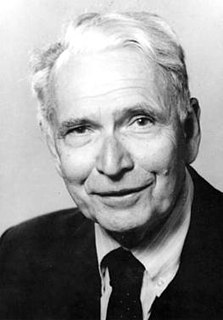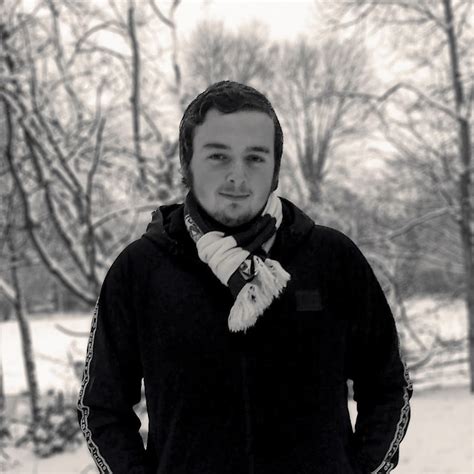A Quote by Ian Hacking
Molecular biology has routinely taken problematic things under its wing without altering core ideas.
Quote Topics
Related Quotes
If belief in evolution is a requirement to be a real scientist, it’s interesting to consider a quote from Dr. Marc Kirschner, founding chair of the Department of Systems Biology at Harvard Medical School:
“In fact, over the last 100 years, almost all of biology has proceeded independent of evolution, except evolutionary biology itself. Molecular biology, biochemistry, physiology, have not taken evolution into account at all.
The second half of the 20th century was a golden age of molecular biology, and it was one of the golden ages of the history of science. Molecular biology was so successful and made such a powerful alliance with the medical scientists that the two together just flourished. And they continue to flourish.
It is now widely realized that nearly all the 'classical' problems of molecular biology have either been solved or will be solved in the next decade. The entry of large numbers of American and other biochemists into the field will ensure that all the chemical details of replication and transcription will be elucidated. Because of this, I have long felt that the future of molecular biology lies in the extension of research to other fields of biology, notably development and the nervous system.
As an adult I discovered that I was a pretty good autodidact, and can teach myself all kind of things. And developed a great interest in a number of different things from how to build a street hot rod from the ground up to quantum mechanics, and those two different kinds of mechanics, and it was really in the sciences, quantum mechanics, molecular biology, I would begin looking at these things looking for ideas, but in fact you don't read it for ideas you read it for curiosity and interest in the subject.
Molecular biology has shown that even the simplest of all living systems on the earth today, bacterial cells, are exceedingly complex objects. Although the tiniest bacterial cells are incredibly small, weighing less than 10-12 gms, each is in effect a veritable micro-miniaturized factory containing thousands of exquisitely designed pieces of intricate molecular machinery, made up altogether of one hundred thousand million atoms, far more complicated than any machine built by man and absolutely without parallel in the nonliving world.
The students of biodiversity, the ones we most need in science today, have an enormous task ahead of molecular biology and the medical scientists. Studying model species is a great idea, but we need to combine that with biodiversity studies and have those properly supported because of the contribution they can make to conservation biology, to agrobiology, to the attainment of a sustainable world.
A paradigm shift is the best a scientist can hope for. Whenever I smell an opportunity like that, I go after it. You have a new discovery that something's working in a different way than you thought. And this is particularly true in molecular and cell biology, which is structural biology and has the least potential for controversy and partisanship among the biological scientists. You're dealing with a concrete object that's either there or not there.





































